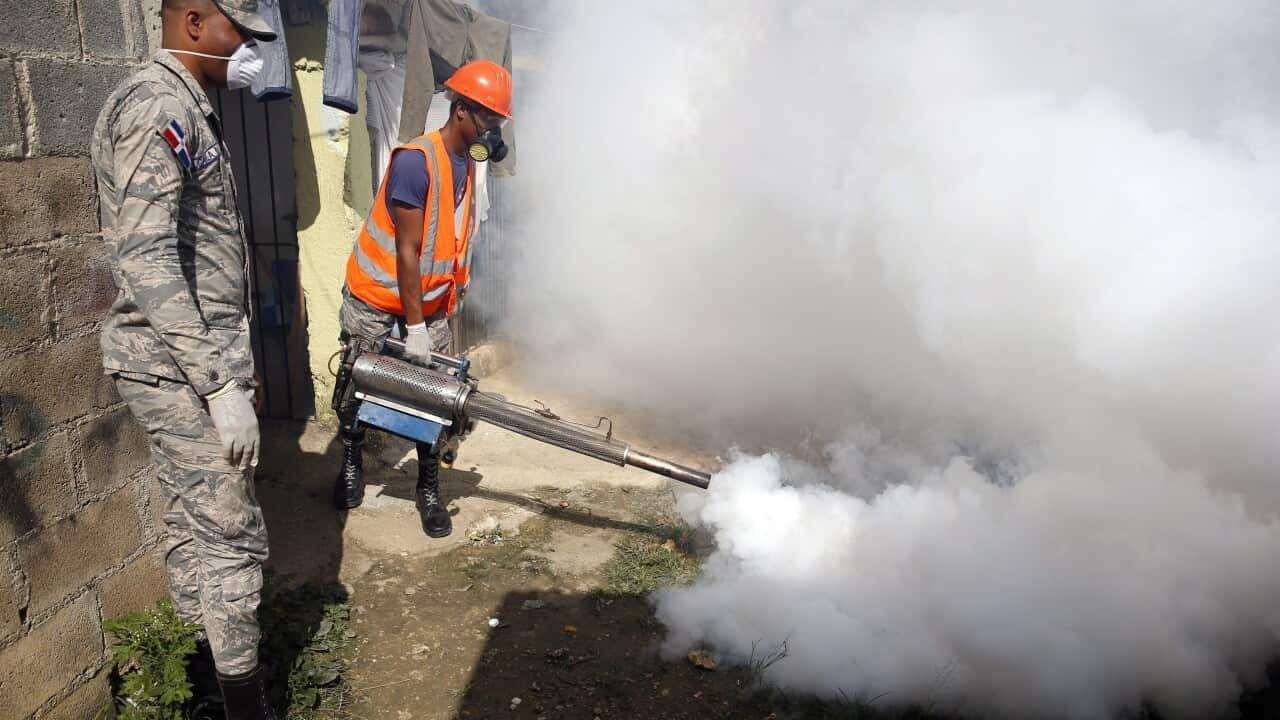Medical experts will gather in Queensland to ensure the state is equipped to deal with the global Zika virus threat.
There are fears the mosquito-borne virus, linked to thousands of birth defects in Brazil, could enter the state through its porous northern borders near Papua New Guinea.
Health Minister Cameron Dick says though there is currently no threat, the fact the World Health Organisation has declared the virus an international health emergency means the state's health system needs to be prepared.
He will convene a roundtable discussion this week, which will include experts in infectious diseases and disease control.
Public health experts, including Chief Health Officer Dr Jeannette Young, indigenous health experts and forensic services officers will also attend.
"The advice that I have is Queensland is at no great threat of this virus, but it is spreading," Mr Dick said on Tuesday.
"I want to give Queenslanders confidence that we are doing everything we can to be prepared and we will bring those experts together ... to keep Queenslanders safe."
Mr Dick said monitoring was already under way in the Torres Strait to ensure any cases were detected early.
Residents in the state's far north were also being urged to take preventative action, including destroying mosquito breeding sites.
The virus is carried by mosquitoes in tropical and sub-tropical environments, meaning Queensland, the Northern Territory and northern Western Australia could be pathways for the disease.
The disease has spread quickly through the Americas, with many southeast Asian nations also braced for outbreaks.
Brazil has reported nearly 4000 suspected cases of microcephaly, in which infants are born with smaller-than-usual brains.
The health ministry has linked the condition to Zika, although the connection is not yet definitive.
Share


